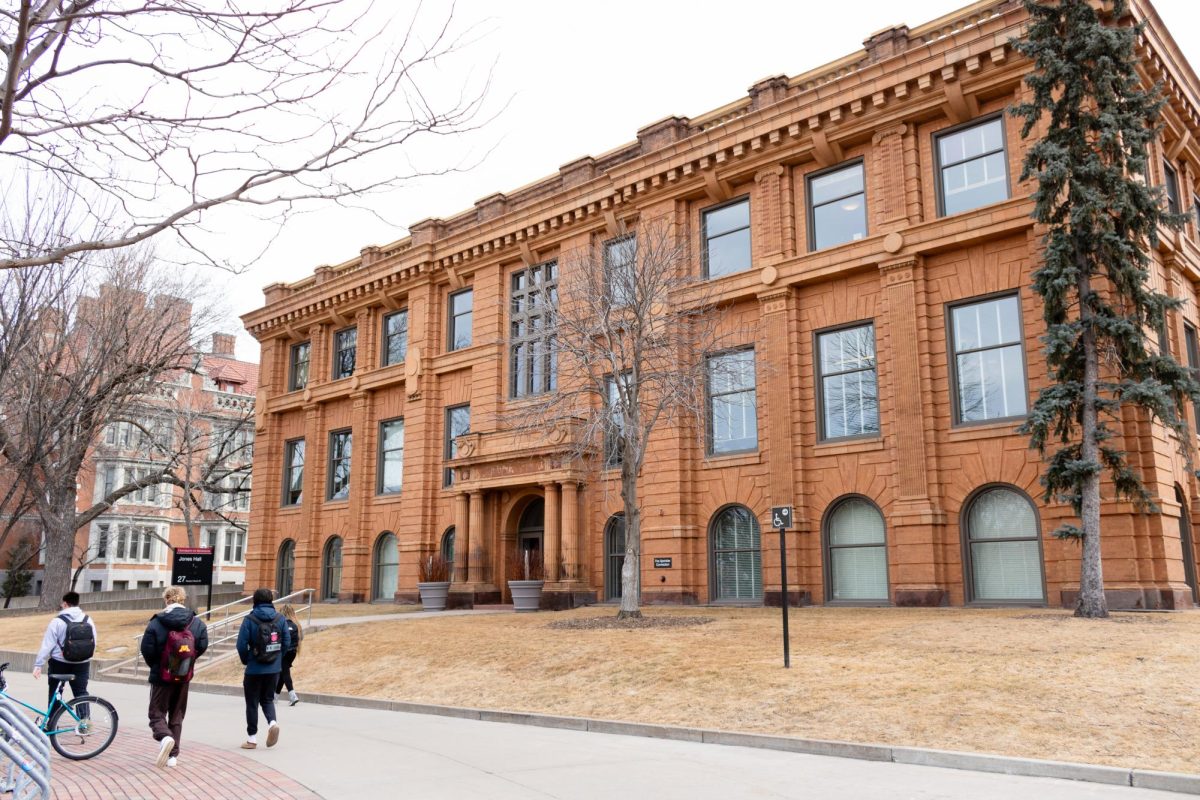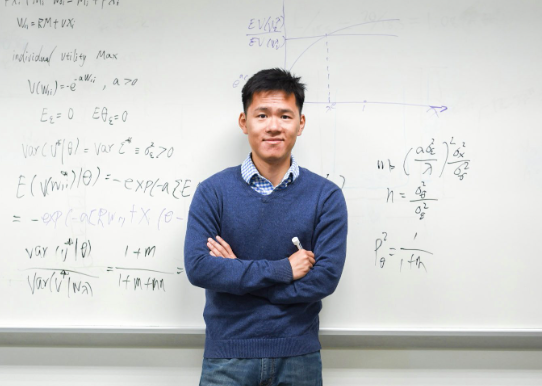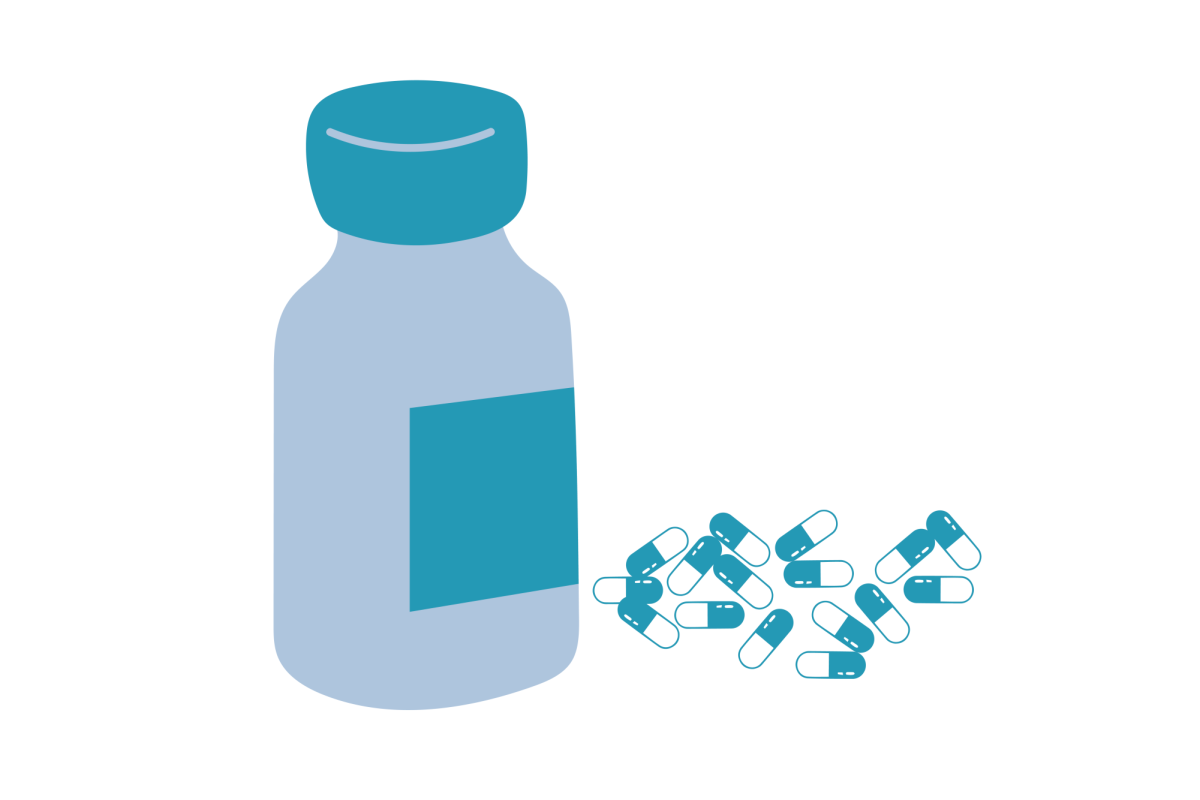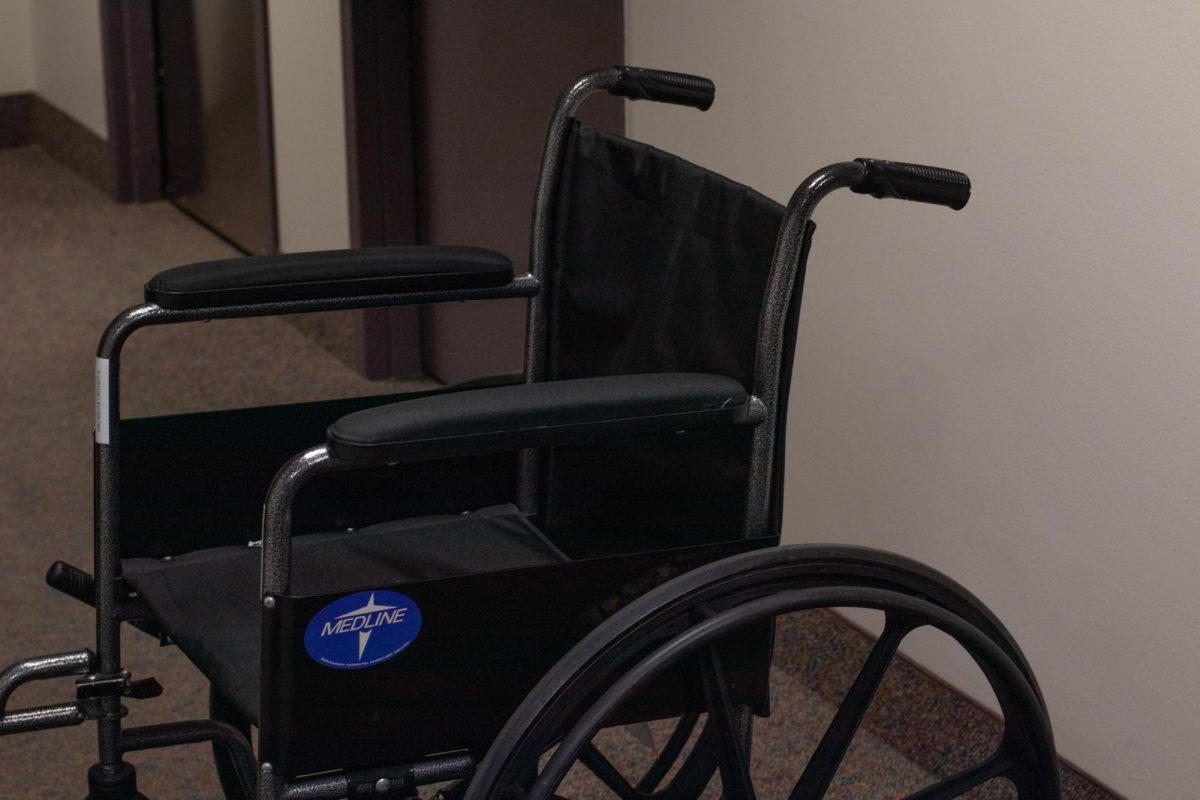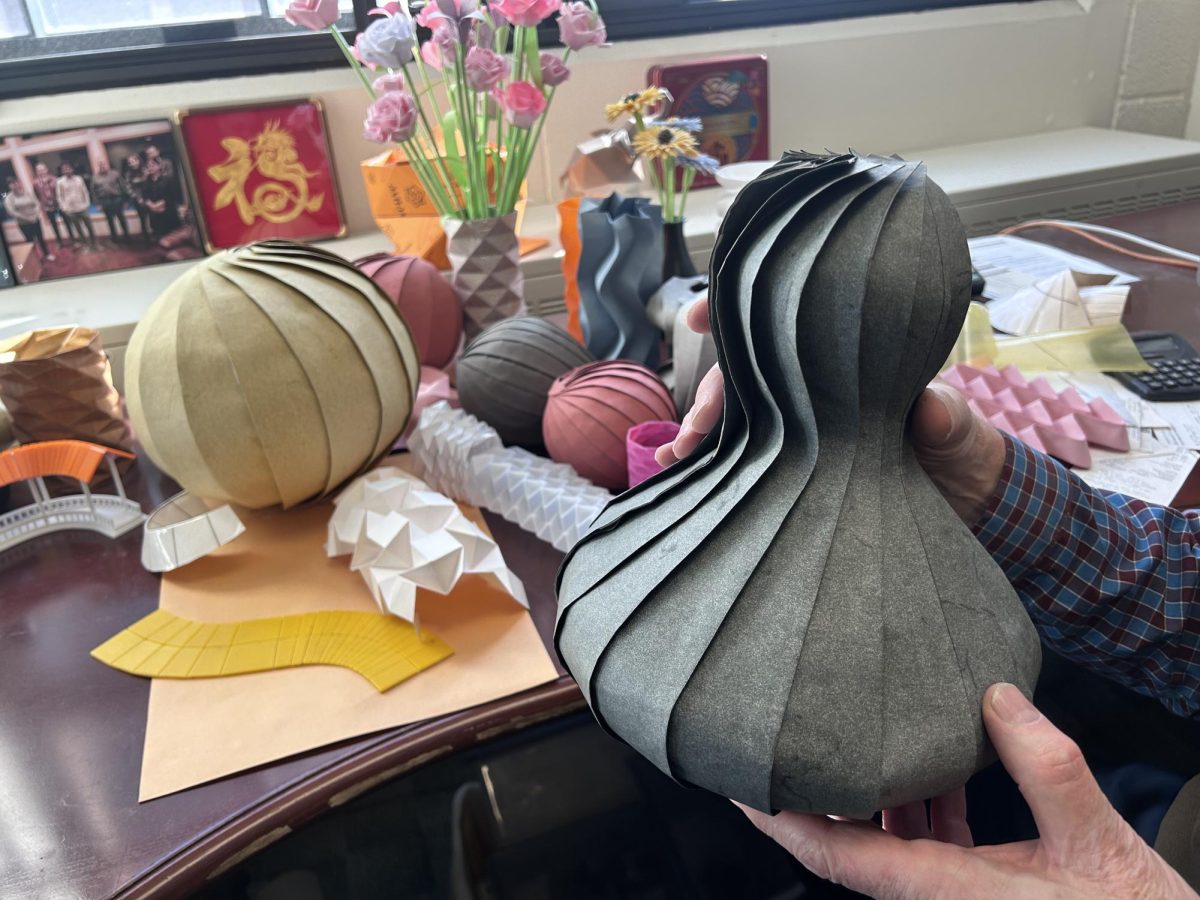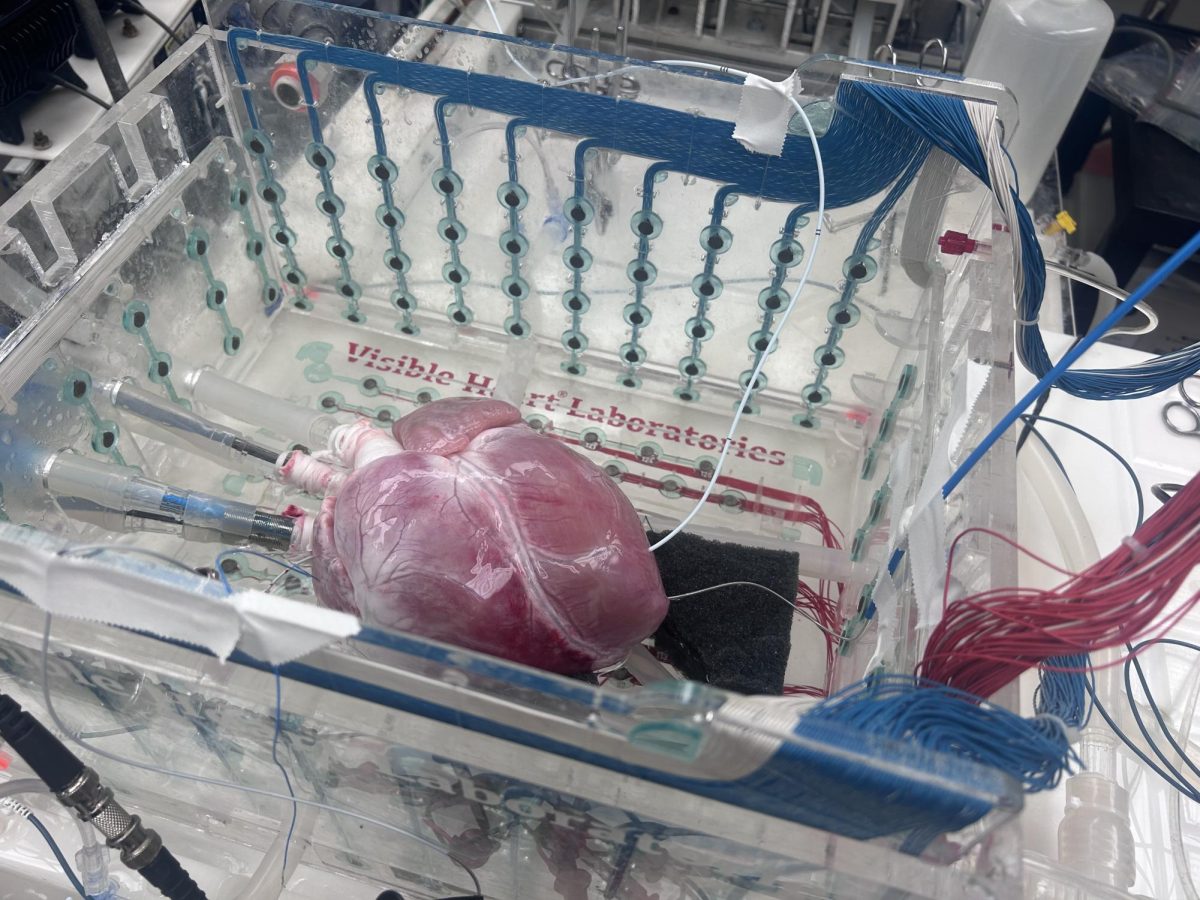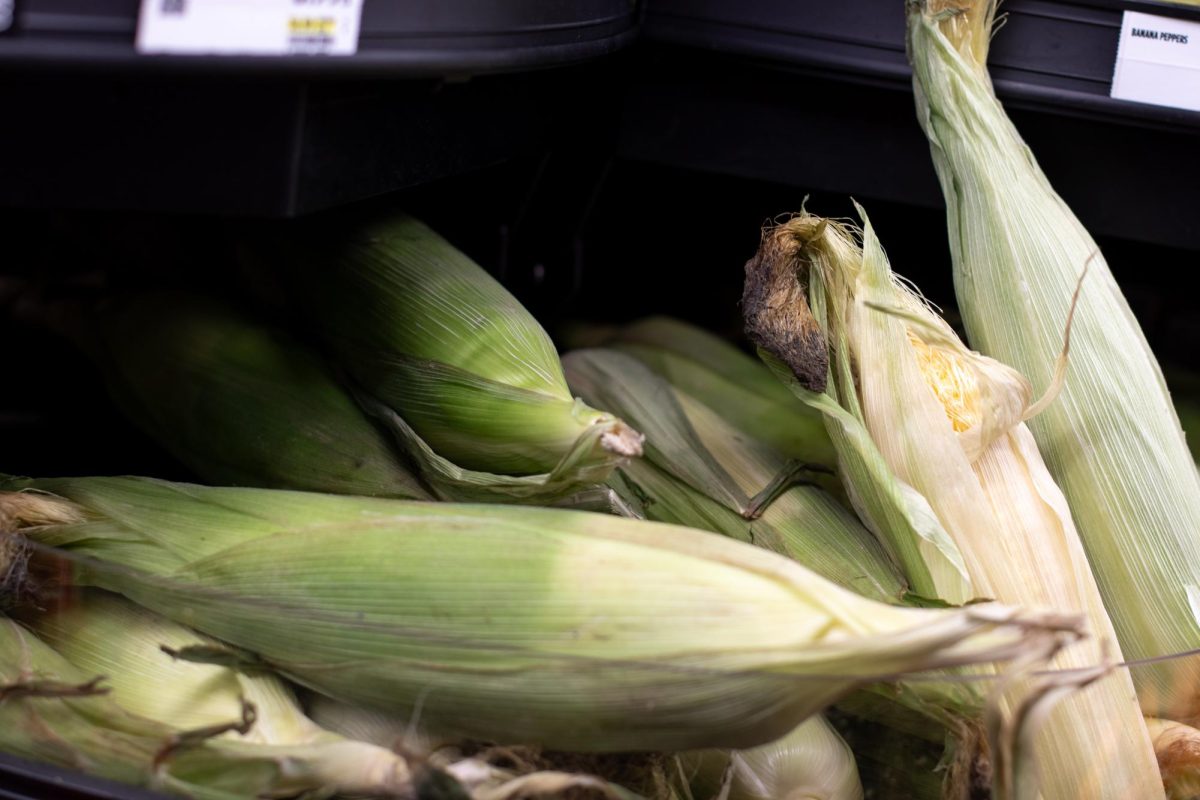The University of Minnesota and the Minnesota Department of Health received a $17.5 million grant from the Centers for Disease Control and Prevention (CDC) to enhance the national disease response network on Sept. 19.
The project aims to improve existing analytical tools and create new ones. The project’s findings will be shared with health networks nationwide so they can make better-informed decisions when the next pandemic happens.
The University School of Public Health (SPH), Medical School and Institute for Health Informatics will work alongside the Minnesota Department of Health and the Minnesota Electronic Health Records Consortium on this project. The grant’s funding will last five years.
The Consortium is a data pool created by health organizations across the state that researchers use to accurately model people’s behavior. The data consists of health records of patients across the state and gives researchers a more realistic model for how sick people may behave.
The models will collect data about future diseases, people’s behavior and hospital efficiency, like the number of beds available, said Eva Enns, co-principal investigator.
The co-principal investigators prepared the application for funding and led various teams to complete the project’s goals.

One of the priorities for the team is to start preparing and planning the infrastructure for a well-ordered response to the next pandemic, Enns said.
The survey tells them how many people a participant interacted with and the context in which those interactions occurred, said Kristin Sweet, co-principal investigator. This data gives researchers a more realistic model of what behaviors are linked to getting sick.
“We might say that I have contact with, routinely, three different people during the day,” Sweet said. “In these kinds of circumstances, I go to the store, I go to work, whatever it is.”
The contact survey is unique because it will use children as participants, said R. Adams Dudley, co-principal investigator. The data gap filled by this survey will make the decision to close schools more informed during the next pandemic.
When applying for the grant, teams had to be very specific about where the money would be going, Sweet said.
There will be occasional auditing throughout the project’s duration to ensure the money is spent appropriately, Dudley said. Researchers will need to report to the government how much progress has been made toward the project’s goals, according to Dudley.
Sweet said she appreciates the CDC for providing the funds for this project.
“[I’m] very excited to collaborate, both with the two other [principal investigators] and the organizations they’re representing and the whole team,” Sweet said.




